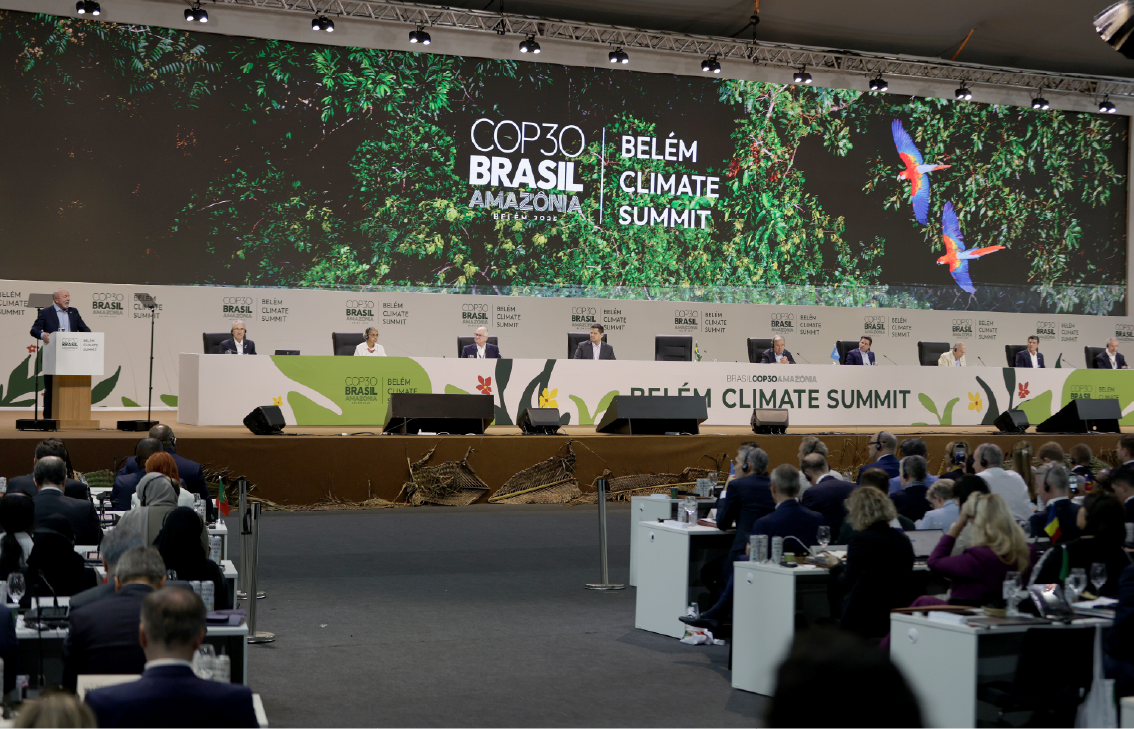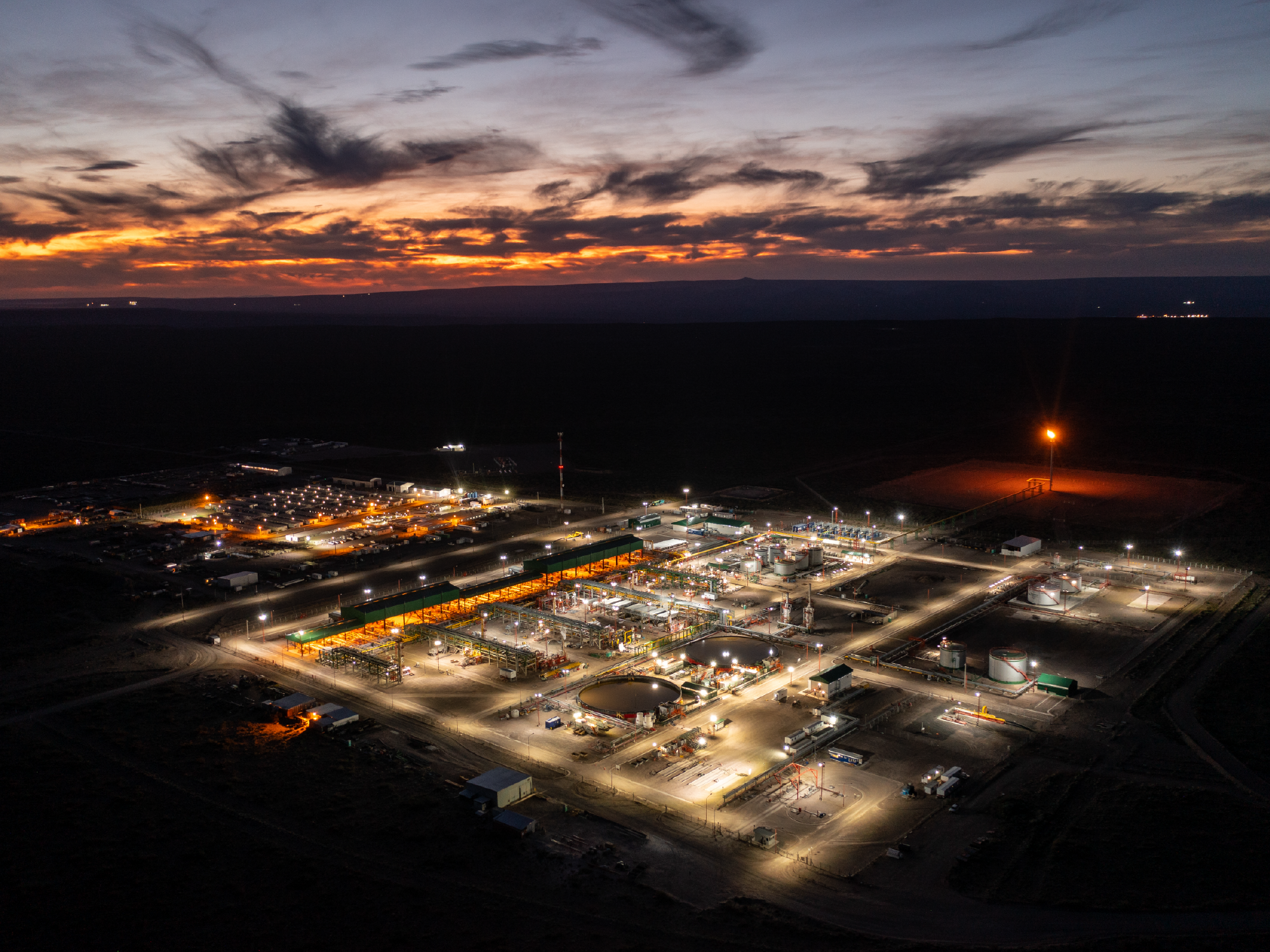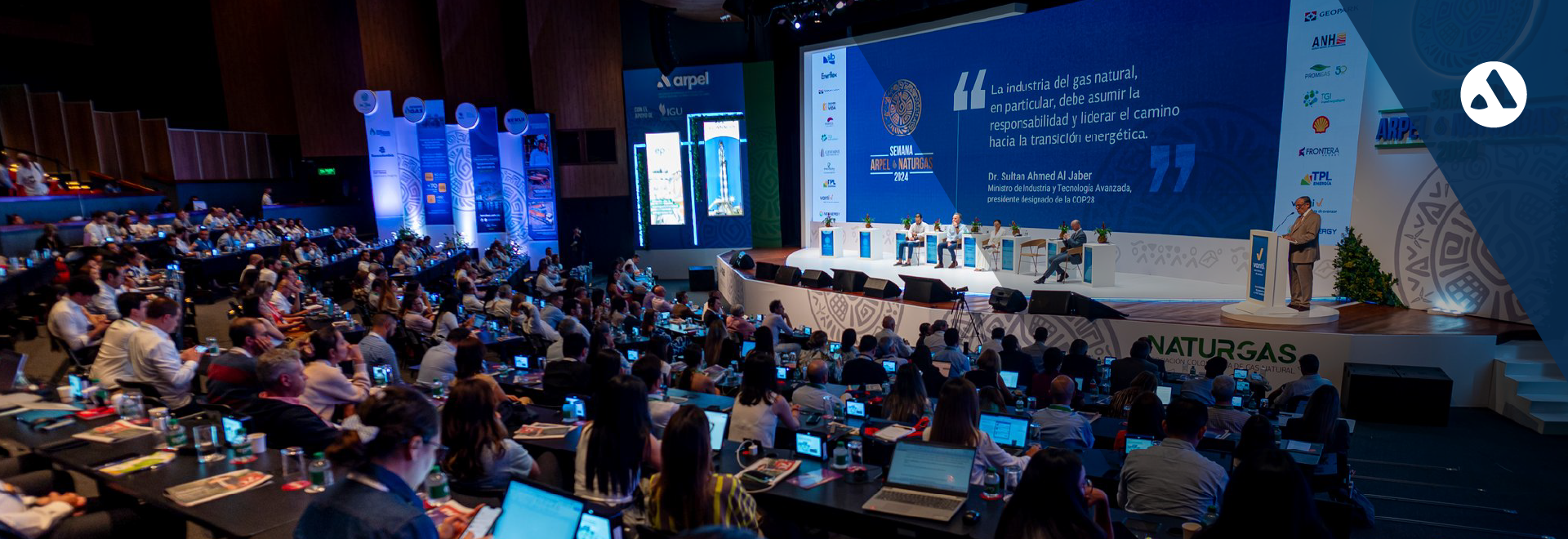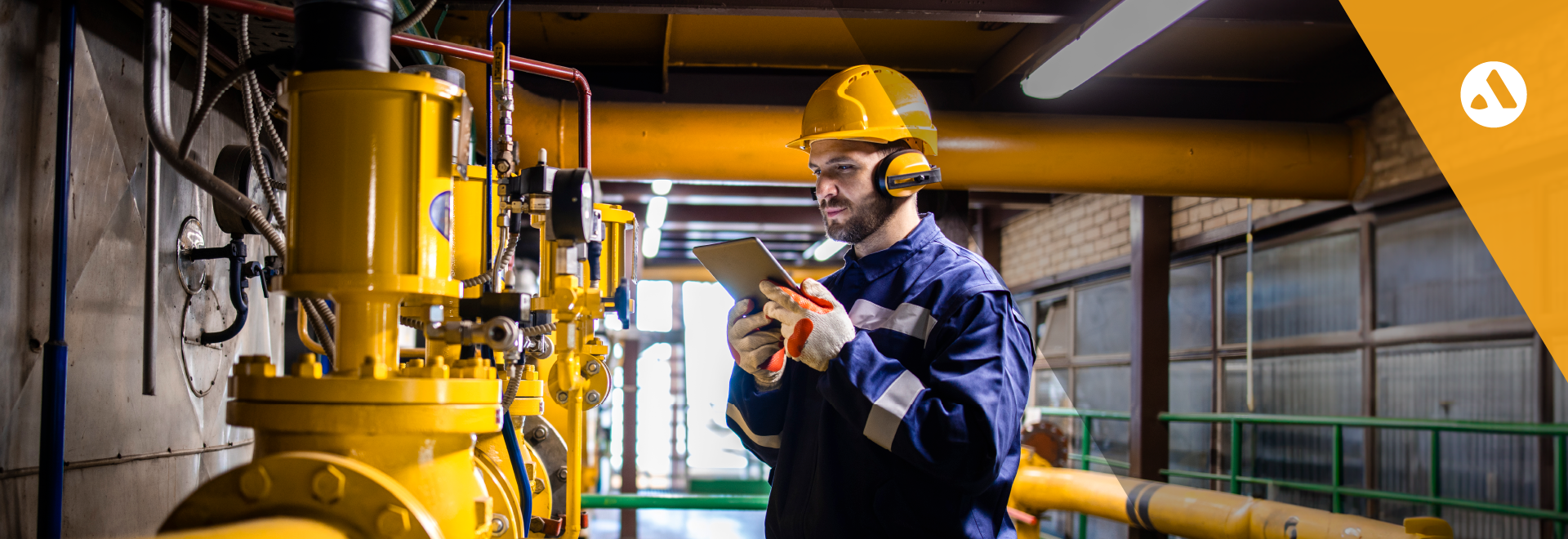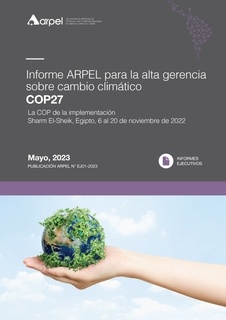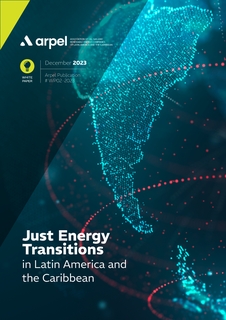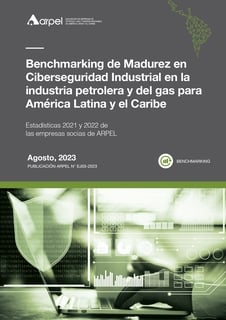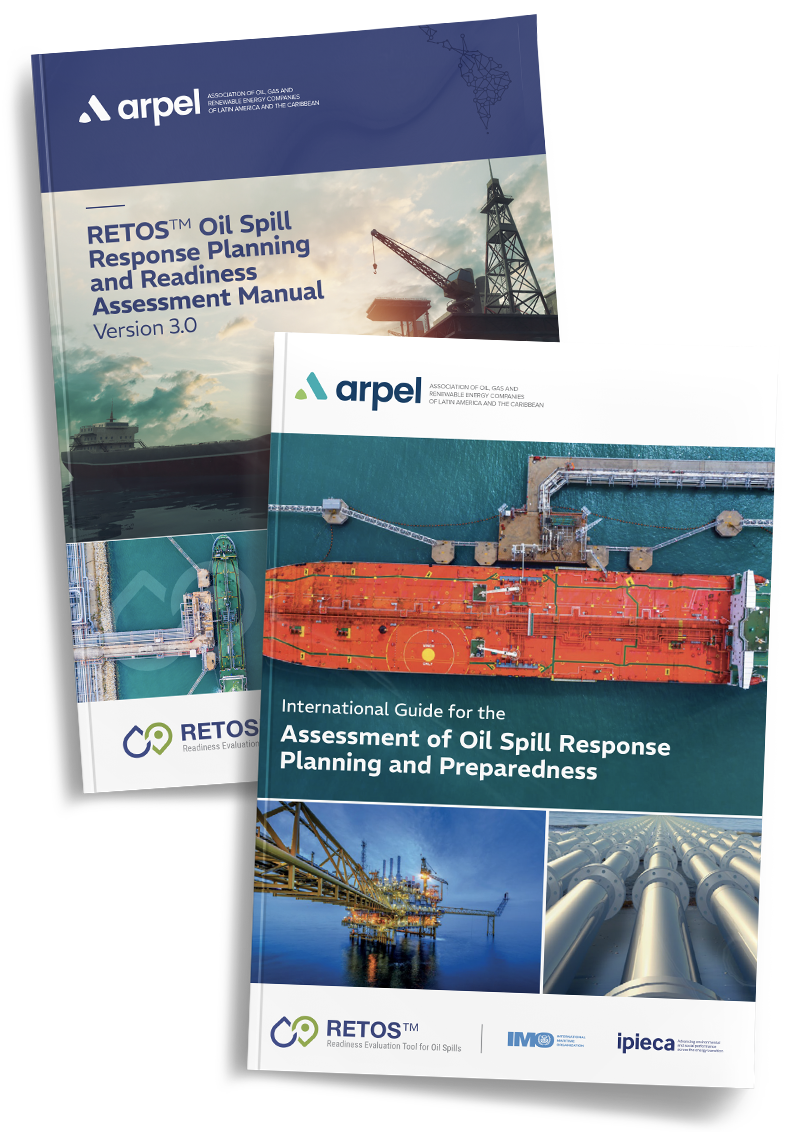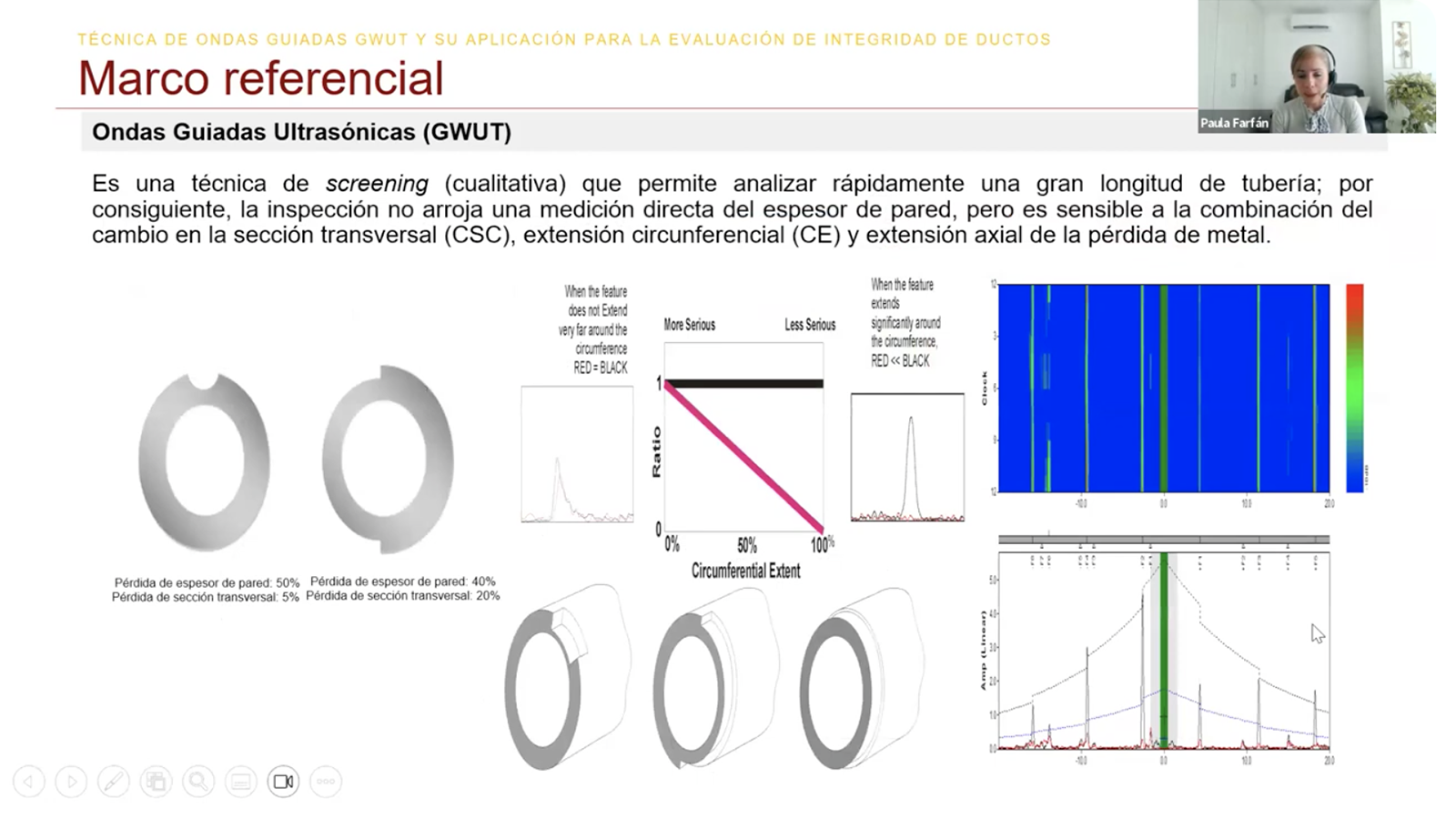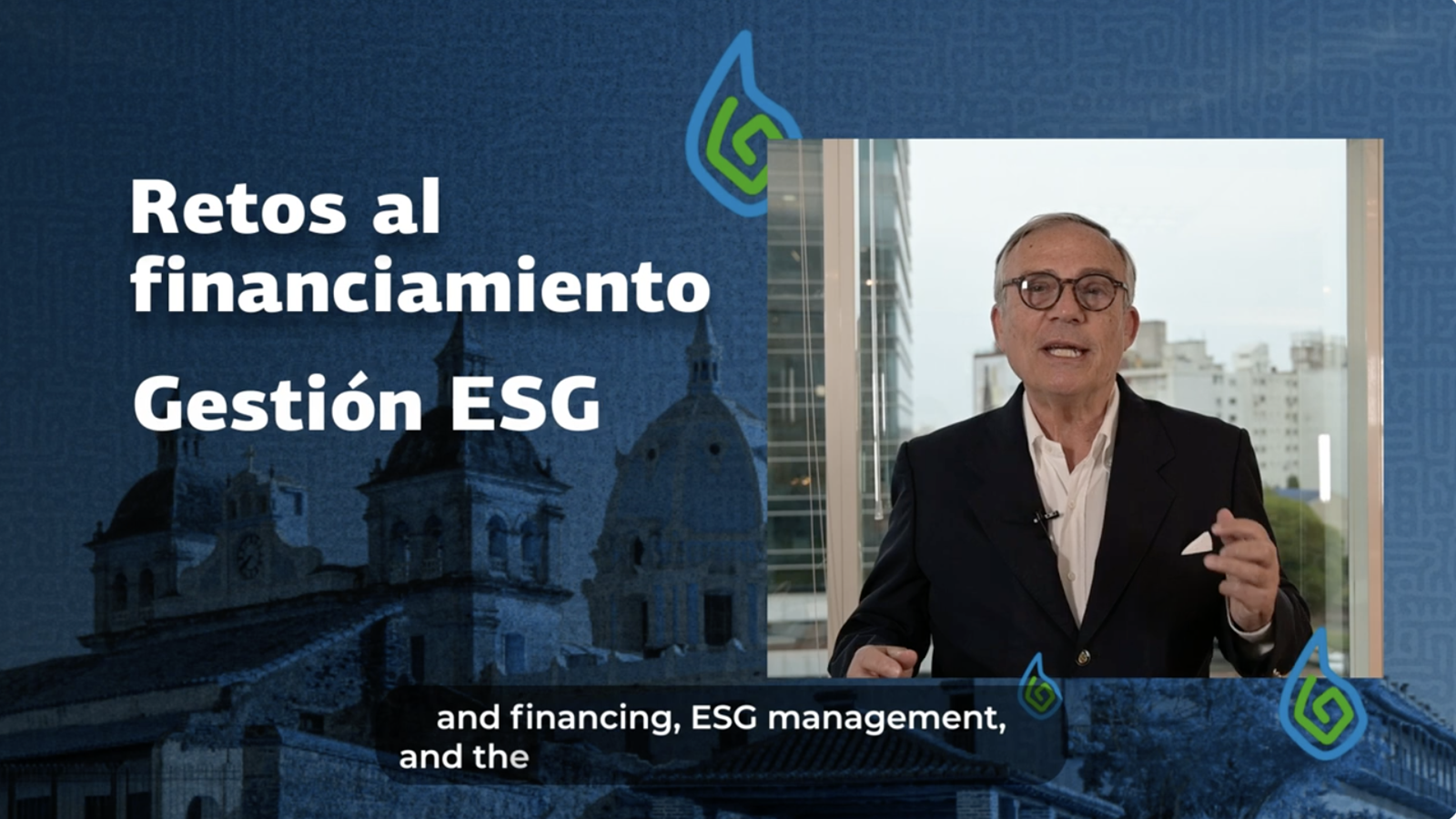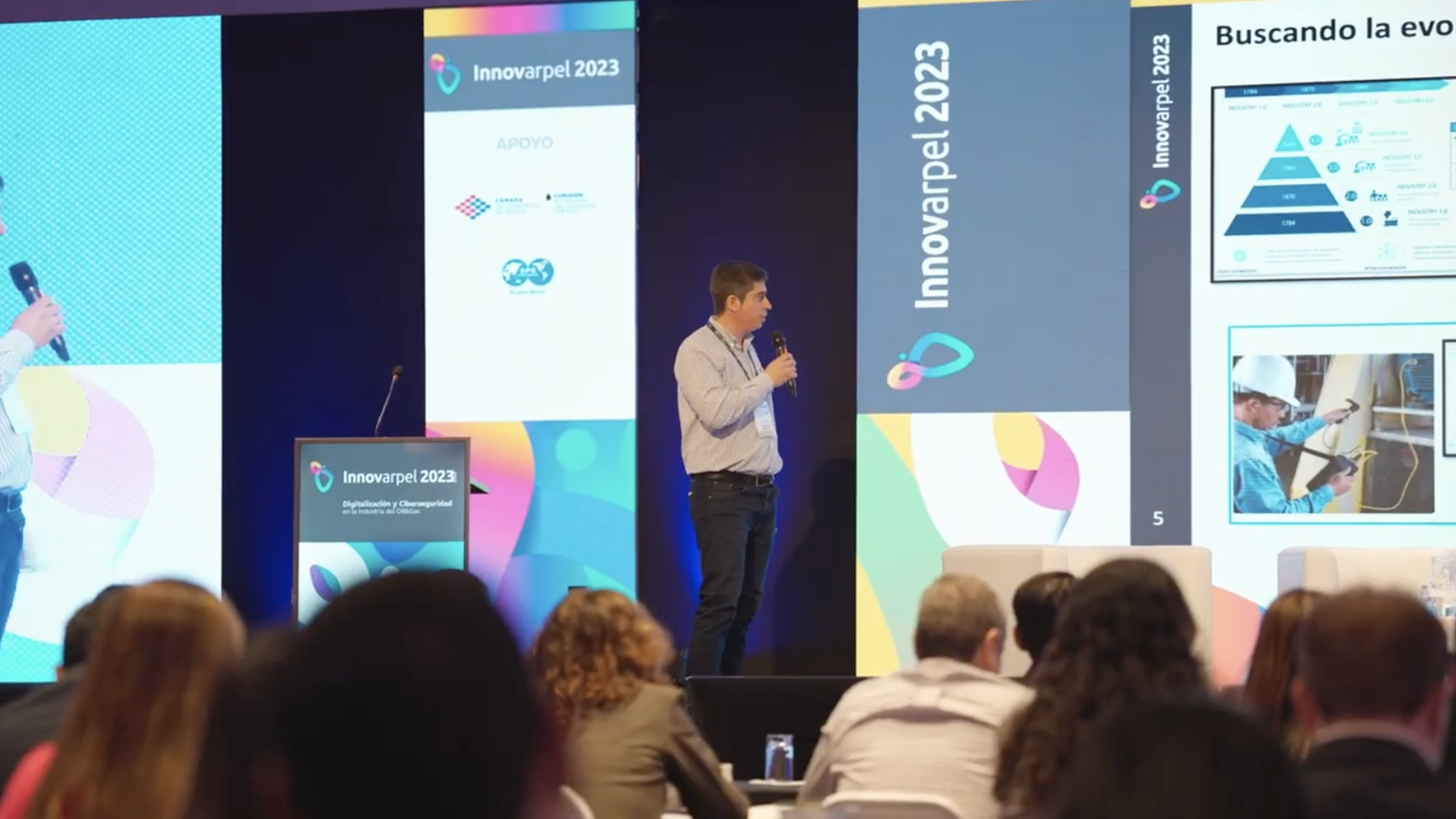
By Martín Terrado, Chief Operating Officer of GeoPark and Chairman of the Board of Directors of Arpel
Latin America and the Caribbean face a unique opportunity. Our region is home to abundant energy resources: oil, natural gas, biofuels, and renewable energies with enormous potential. We also have an industry that has matured in technical, operational, and management capabilities, and world-class professionals. All this positions us not only as a reliable energy supplier, but also as a potential global energy power.
But that promise will not materialize automatically. Turning our potential into sustained development requires coordination, a shared vision, and mutual trust. Above all, it requires collaboration. And that has been Arpel's mission for six decades.
When it was founded in 1965, Arpel was born as a space for state-owned oil and gas companies from different countries in the region to work together. Over time, regional operators, private companies, international companies, and service associations joined. Today, the organization brings together 31 companies operating in more than 30 countries, from Mexico to Patagonia.
The magnitude of this network is significant and worth highlighting. Arpel members produce approximately 62 percent of the region's oil and 67 percent of its gas; in other words, six out of every ten barrels and two out of every three units of gas in Latin America and the Caribbean come from our companies. Furthermore, they operate nearly 70 percent of the crude oil transportation capacity and 64 percent of the gas transportation capacity, ensuring the flows that keep our economies running. Nearly half of the region's refining capacity, 46 percent, is also in the hands of our members, while their physical footprint includes more than 51,600 kilometers of pipelines, nearly a third of all hydrocarbon transportation lines in Latin America and the Caribbean.
For 60 years, our association has been the connecting force uniting public and private, national and international companies around common challenges. We have created standards, disseminated best practices, promoted training, and built a regional voice capable of interacting as equals with governments, multilateral organizations, and international forums.
Energy as an Engine of Development
Several countries in Latin America and the Caribbean are experiencing an unprecedented productive leap. The case of Vaca Muerta in Argentina, the growth of offshore operations in Brazil, and the development of resources in Guyana and Suriname are examples of how the region can consolidate its position as a global energy leader.
If we manage to integrate these developments with a regional vision, the benefits can be extraordinary. Beyond exporting energy to the world, it is about leveraging these resources to transform our economies: generating foreign currency, balancing fiscal accounts, financing public investment, and multiplying employment opportunities and well-being. In other words, turning energy wealth into tangible progress for people.
History teaches, however, that none of this is guaranteed. Political volatility, price cycles, infrastructure gaps, and a lack of coordination have limited the scope of our opportunities in the past. Therefore, today more than ever, we need a united front.
The energy industry is undergoing a process of accelerated transformation, in which new energy sources are progressively complementing existing ones. Latin America and the Caribbean have a strategic advantage, as our electricity matrix is one of the cleanest in the world thanks to the high share of renewables.
This context allows us to think about a just transition, where hydrocarbons continue to play a relevant role while integrating new technologies, greater efficiency, and innovative solutions. Along this path, natural gas can play a central role as a reliable and competitive resource, complementing the development of increasingly sustainable energy systems.
Arpel has supported its members in this process, facilitating spaces to share experiences in decarbonization, digitalization, industrial cybersecurity, and artificial intelligence. Innovation is not optional; it is essential for remaining relevant and competitive. And our association has set out to lead that conversation.
Energy integration is not just an ideal; it is a practical necessity. The gas pipelines connecting Argentina with Chile and Brazil, or the electrical interconnection projects in Central America, show that cooperation can translate into security of supply, stability, and competitiveness.
60 Years of Collective Impact
Arpel offers a neutral and trusted space where state-owned and private companies can align strategies, share risks, and find joint solutions. Therefore, with an eye to the future, we must ask ourselves: what joint agenda do we want to advance? For me, there are three clear priorities:
- Consolidate Latin America and the Caribbean as a reliable energy supplier to the world, making the most of our technical and operational capabilities.
- Ensure that this wealth translates into economic and social development for the communities in the areas where we operate and the countries that host us.
- Ensure that the region has an increasingly efficient and sustainable industry that incorporates technological innovation and digitalization to strengthen its competitiveness and responsibly support the energy transition processes.
These goals can only be achieved in an environment of collaboration. We will achieve this by working together, as we have been doing for six decades. Arpel has been and will continue to be a meeting place, a forum for technical excellence, and a bridge for dialogue between industry, governments, and society.
I would like to especially thank our member companies for their commitment, which makes this collective endeavor possible, and congratulate the Arpel team. Their professionalism, their ability to articulate interests, and to open channels of cooperation with the public sector are the foundation upon which we continue to build.
Today we celebrate 60 years of achievements. But, above all, we celebrate our confidence in the future. Latin America and the Caribbean have everything they need to become an energy powerhouse and a model of how collaboration transforms potential into progress. This is the path we have taken, and this is the path we will continue to take together.

